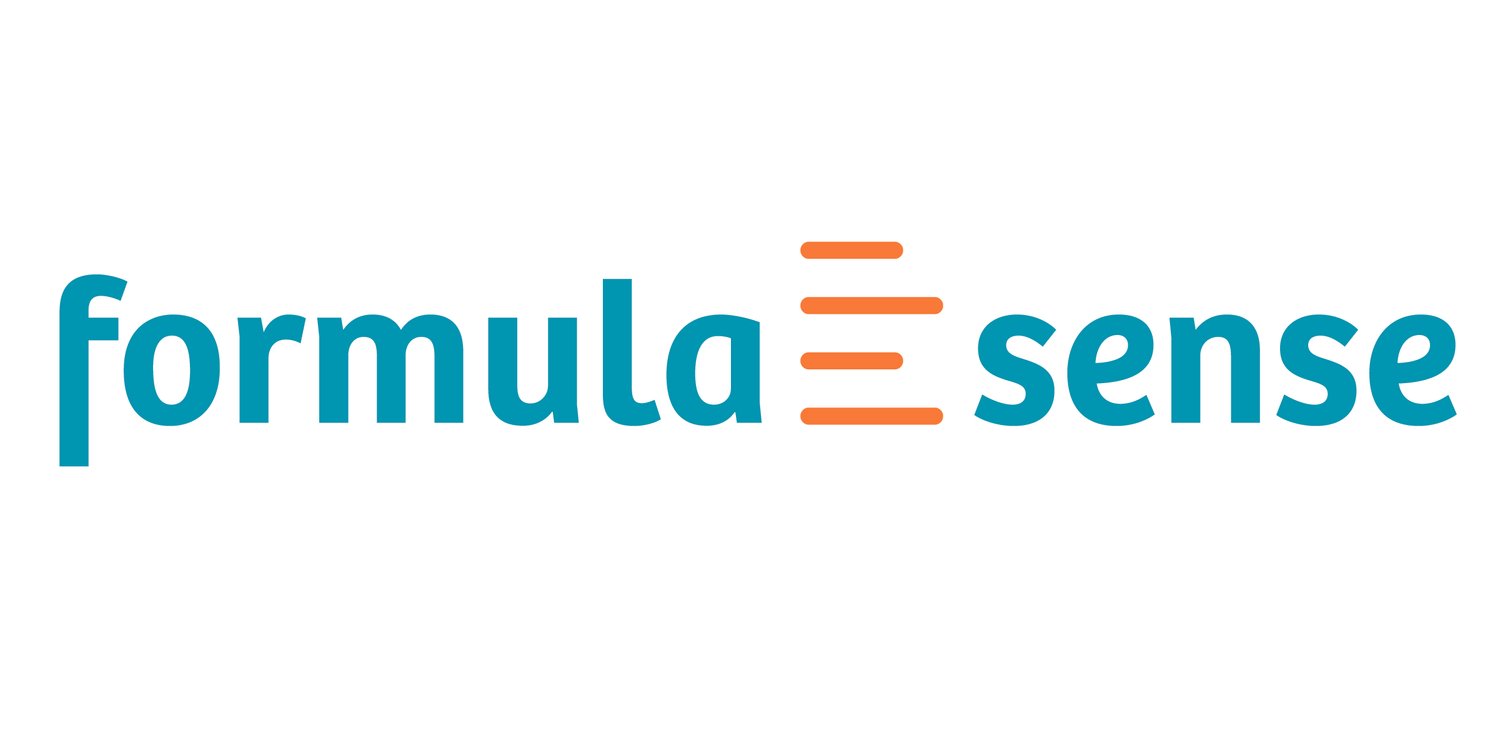What is Choline Bitartrate?
[pronounced: KOH-leen BI-TAR-trate]
Choline bitartrate is added to infant formula to provide the essential nutrient choline. Choline is widely found in foods. Eggs, peanuts, and liver are especially high in choline.
Choline is technically not a vitamin, because it does not have an enzyme helper (co-enzyme or co-factor) role, but it is vitamin-like because of the important helper roles it performs. Together these helper roles make up choline’s critical function in brain development.
Choline is Critical to Infant Brain Development
First, choline is a source material for building cell walls. Cell walls have several types of molecules, but one of the most abundant is a lipid (fat) molecule that has choline in it. Our bodies use choline to make this molecule. It is called phosphatidylcholine [FAS-fa-tidel-KOH-leen].
Choline is part of another necessary molecule that enables nerve cells to send signals to one another. This molecule is called acetylcholine [uh-SEET-el-KOH-leen]. Nerve cells communicate when one nerve cell releases a messenger molecule, called a neurotransmitter, right next to a special spot on a receiving nerve cell. The receiving nerve cell’s receptors sense the neurotransmitter (molecule message) and continue the message down the line to the next cell. Serotonin is a more familiar neurotransmitter. Acetylcholine is so fundamental that there is even an adjective to describe parts of the body that use or are affected by it. That word is cholinergic (KOH-luh-nur-jik).
Lastly, choline provides methyl [METH-el] groups, ingredients needed in many metabolic steps, including how genes are turned on and off.
As you can see, choline is important! Over the last decade, plenty of research has pointed out the importance of choline during pregnancy, particularly related to early cognitive development of the fetus. Choline is important for babies. Human milk has five different forms of choline.
Regulations and Safety
Like human milk, cow’s milk contains choline. The US FDA requires choline to be added to all non-milk based infant formulas, like soy milks. The FDA requires that these formulas contain at least 7 mg per 100 calories of prepared formula and has not set a maximum amount. The European Commission also requires at least 7 mg per 100 calories and sets a maximum of 50 mg per 100 calories.
Given choline’s importance for the developing brain, many manufacturers add it to their milk-based formulas. In the United States, you’ll commonly find that infant formulas contain around 24 mg for every 100 calories.
Choline bitartrate is generally considered safe (GRAS) by the US FDA. According to the US Department of Agriculture (USDA), this ingredient is found in 22 different types of foods (see technical report here). In 2017, European Food Safety Authority re-assessed the safety of entire class of food additive to which choline bitartrate belongs (E 322) and found no safety concerns.
Health professionals, want to learn more about choline? Gerber for Medical Professionals has a brief review article written by Steven H. Zeisel, MD, PhD, the distinguished researcher who discovered that choline is an essential nutrient.

